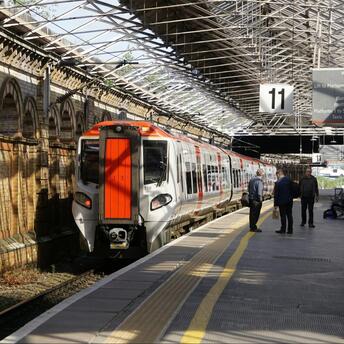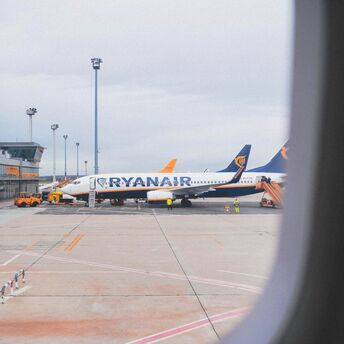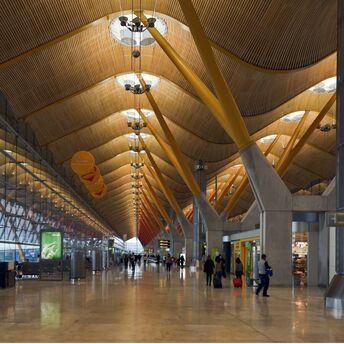Strengthening Border Controls in Germany: Impact on Travel and Migration

Recent changes in Germany's border policy have sparked discussions among travelers and locals. The government has decided to expand border checks to all land border points, raising concerns about possible transportation delays and increased travel times.
Border Checks: A Step Back or a Safety Measure?
Previously, border checks between Germany and Austria had been in place for almost a decade, but now they will extend to all of Germany's borders. These measures have been taken in response to growing security concerns, particularly after an incident involving a Syrian asylum seeker who caused fatalities in one of the country’s towns. Thousands of vehicles cross Germany’s borders daily, and now all will be subject to police inspections.
Impact on Travelers and Transportation
With the introduction of additional border checks, there is an increased risk of delays for tourists and those crossing the borders by car, bus, or train. Approximately 25,000 vehicles cross the Austrian-German border alone each day, while the total number of such trips across Germany is in the hundreds of thousands. The increased controls could significantly affect the speed of border crossings and lead to traffic jams.
Some citizens view these measures as contradictory to the open-border policies of the Schengen Zone, where borders were previously almost seamless for crossing. Others, however, support them, believing that they will help reduce illegal migration and enhance security.
The Position of Neighboring Countries
Austria, as Germany's closest neighbor, has expressed concerns about the new changes, stating that it will not accept those refused entry into Germany. The country has made its position clear, calling the situation "non-negotiable." This decision may create additional challenges for travelers, especially those facing difficulties when crossing the border.
Despite the alarming news, data shows that the number of illegal border crossings into Germany decreased by 7% in the first half of this year compared to the same period last year. However, the new measures are scheduled to remain in place for six months, with the possibility of extension.



















